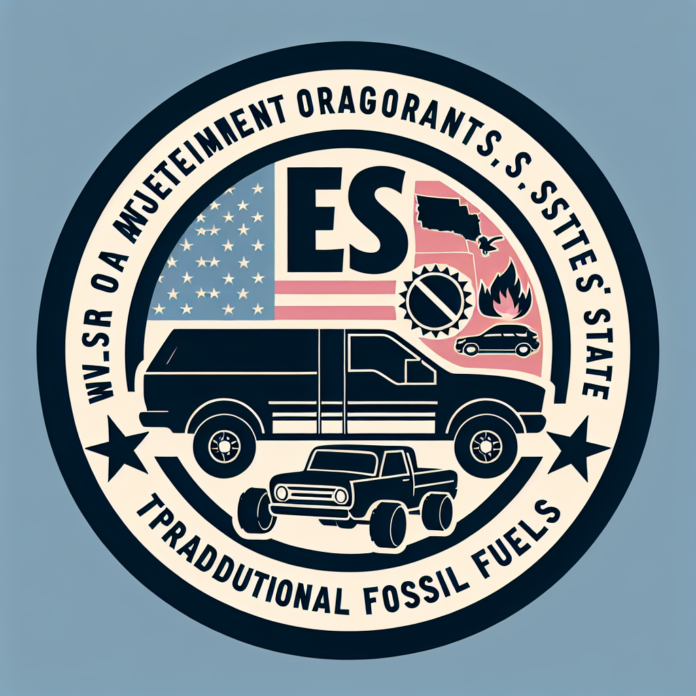Biden EPA Considers California Waiver for 2035 Gas-Powered Car Ban
Biden Administration’s EPA Considers California’s Request to Prohibit Gas-Powered Vehicle Sales by 2035
The Biden administration’s Environmental Protection Agency (EPA) is reportedly leaning towards granting California a crucial waiver that would allow the state to implement its ambitious plan to ban the sale of new gas-powered vehicles by 2035. This decision could have significant implications for both environmental policy and the automotive industry nationwide.
Background on the California Waiver
The Clean Air Act permits states to set stricter air quality standards than the federal government, provided they receive a waiver from the EPA. California has long been a leader in environmental regulations, and its push for a ban on gas-powered vehicles is part of a broader effort to combat climate change and reduce greenhouse gas emissions.
In 2020, California Governor Gavin Newsom announced an executive order aimed at phasing out the sale of new gasoline-powered cars and trucks by 2035. The initiative is designed to accelerate the transition to electric vehicles (EVs) and align with the state’s climate goals, which include reducing greenhouse gas emissions to 40% below 1990 levels by 2030.
Potential Impact on the Automotive Industry
If the EPA grants California the waiver, it could set a precedent for other states to follow suit, potentially leading to a nationwide shift towards electric vehicles. Approximately 17 other states and Washington D.C. have indicated they may adopt California’s regulations, which would collectively represent about one-third of the U.S. auto market.
Automakers are already responding to the growing demand for electric vehicles. Many major manufacturers have announced plans to increase their EV offerings and invest heavily in battery technology. However, the transition poses challenges, including supply chain constraints, the need for extensive charging infrastructure, and concerns about the environmental impact of battery production.
Environmental and Economic Considerations
Proponents of the ban argue that transitioning to electric vehicles is essential for reducing air pollution and mitigating climate change. Electric vehicles produce zero tailpipe emissions and can significantly lower greenhouse gas emissions when charged from renewable energy sources.
On the flip side, critics of the initiative express concerns about the feasibility of such a rapid transition. They argue that the current infrastructure for charging electric vehicles is insufficient, and there are questions regarding the availability and sustainability of raw materials needed for EV batteries. Moreover, the economic implications, particularly for low-income families who may struggle with the upfront costs of EVs, are also a point of contention.
Conclusion
As the Biden administration moves closer to granting California’s waiver, the implications of this decision will be felt across the country. The potential ban on gas-powered vehicles by 2035 represents a significant step toward a more sustainable future, but it also raises important questions about the pace of change and the readiness of both the market and infrastructure to support this transition. As stakeholders from various sectors prepare for the potential shift, the outcome will likely shape the future of transportation in the United States for years to come.


